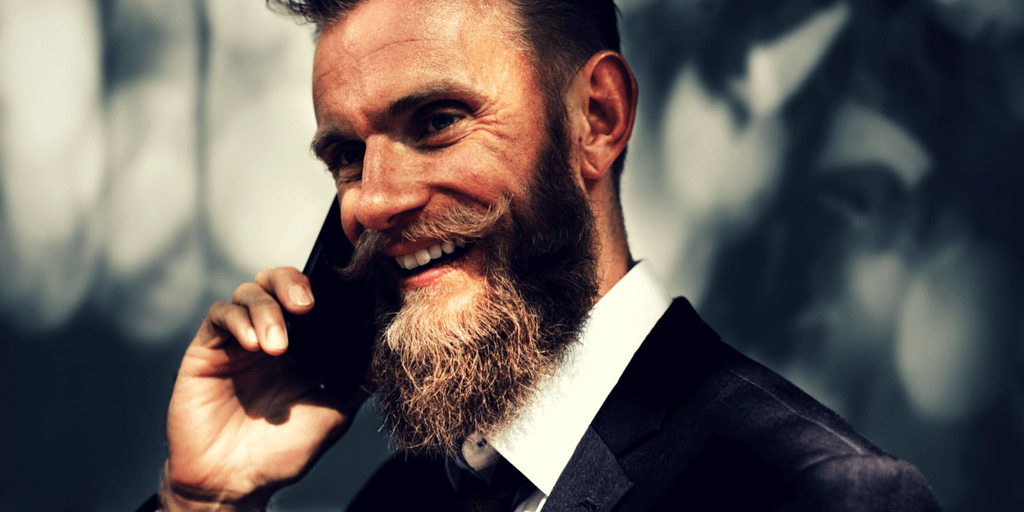It might be hard to imagine, but even today there are jobs that don’t allow beards. Maybe “don’t allow” is a bit harsh, so let’s just say that in some professions and industries beards are frowned upon.
Why are we even talking about this, you might wonder. Tell me stories about casinos and the latest 3D slot games and leave me alone with beard discrimination at work.
Well, the reason we are talking about it is because dealers – in casinos, not the dealers in back allies – are one of those professions that don’t go hand-in-hand with facial hair.
So let’s first ponder the peculiar situation casino dealers are facing and then delve into the larger issue.
Why Casino Dealers aren’t Allowed to Have Beards?
Casino dealers are supposed to exhume an air of trustworthiness. Casino operators want their guests to feel at ease, to have the feeling that they are in good hands; simply put, that no one is trying to con them. They already need to deal with the guests’ notion that the house always wins, so getting any further obstacles from guests minds out of the way is a high priority for them.
Another notion that’s floating is that men with beards have something to hide. This obviously has no base in reality, but pre-determined notions are real in the sense that folks actually believe in them. That’s why casino operators are wary of dealers with facial hair and visible tattoos.
The question that needs to be addressed is – do these notions still hold? Tattoos are as close to mainstream as chili-flavored ice cream. Beards are no longer a trend and hipsters have long gone lost their hold on elaborate facial hair.
Both beards and tattoos are just bodily accessories, like any kind of accessory, from sunglasses to hip flasks. So it’s definitely time for casinos to refresh their stands on what constitutes a presentable appearance for their dealers. And anyway, most patrons are mostly engaged by what they believe to be the best real money slots, the faceless, beardless machines that occupy 70-80% of the floor space in today’s casinos – true fact! So maybe easing up on old-school dress-code etiquettes will actually make players feel more at ease, than less.
Now let’s take a couple of steps back, to when the bearded man is looking for a job.
Beards and Job Interviews

So, assuming you have a beard, should you actually shave for job interview? Apparently, it all depends. If you’re aiming for a position in one of the whitest-collar industries, like law, finance and government, going in for a job interview with facial hair is taking a risk.
You don’t know who the interviewer will be and what his stands are on the issue of beards in the workplace. You could always shave prior to the job interview and if you get the job feel the waters for a few weeks. On the other hand, you can take the This Is Me approach and not shave. It is a calculated risk and totally yours to take.
Now of course if you’re looking for a job as a web designer, a bartender or an architect by all means – keep your beard! Facial hair can reflect your personality and thus job positions such as these welcomes facial hair as it shows a certain flare in your personality.
Beards in the Workplace

If you went with the This Is Me approach and gone to work with a beard then kudos to you! Now all you have to do is properly maintain it and always ensure it’s presentable. The beard community is relying on you to uphold a good reputation.
At this point beards can seem like extra effort but don’t become lazy and give up. With easy to use products like beard oil, you can have your beard looking flash and acceptable no matter the job description.
Be it clean-shaven, stubble, or a luscious thick beard. Whichever kind of beard you decide on – commit to it. There’s no room for in-between in the workplace. Unless of course, you’re in a position that welcomes your flare no matter what stage or shape your beard is in.
With more beards being seen in the workplace nowadays the opportunity to change the pre-determined notions against beards has arisen, so why not jump on the wagon and let that beard grow and help shape a better and more promising future for beards in the workplace.


